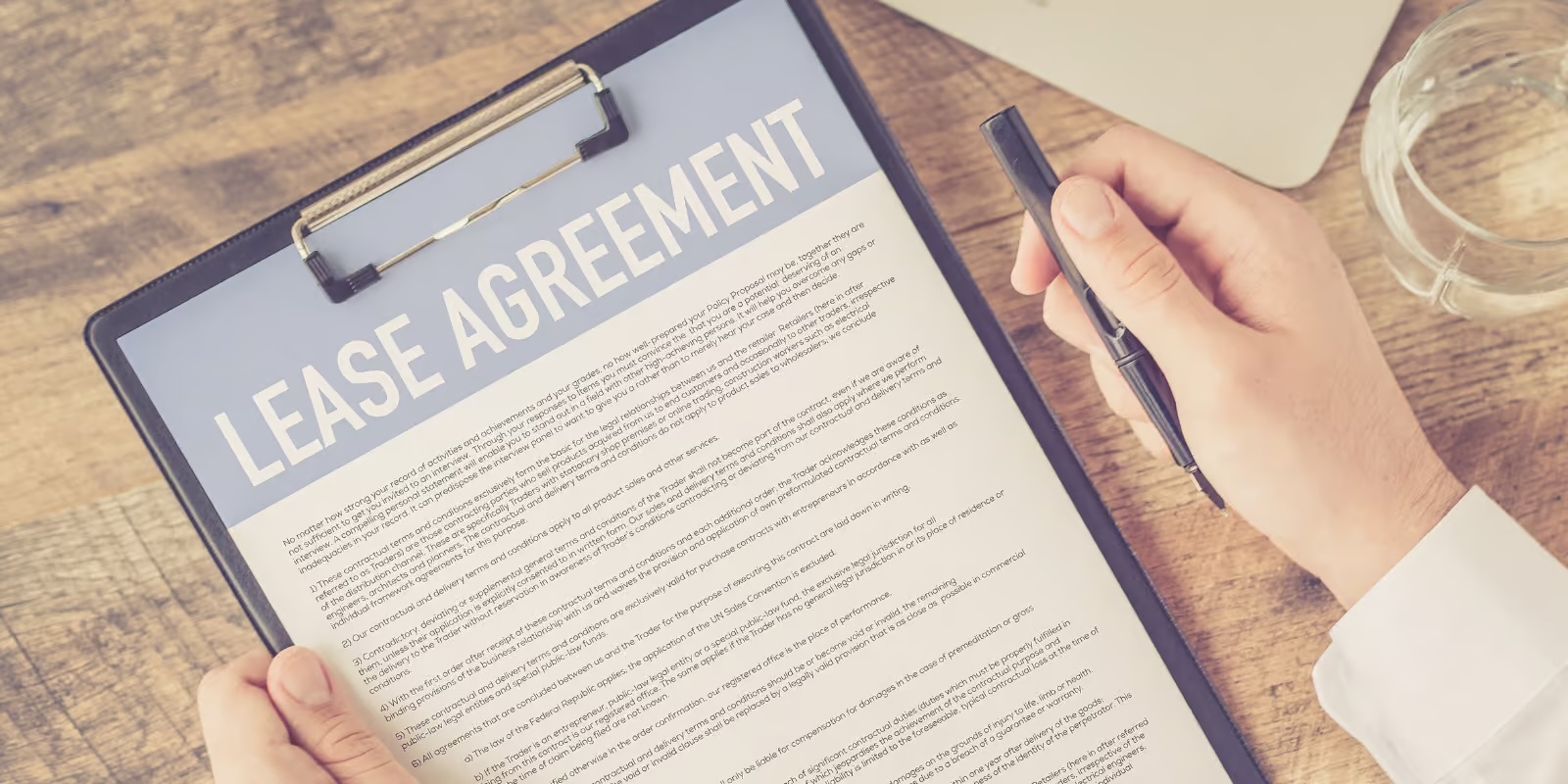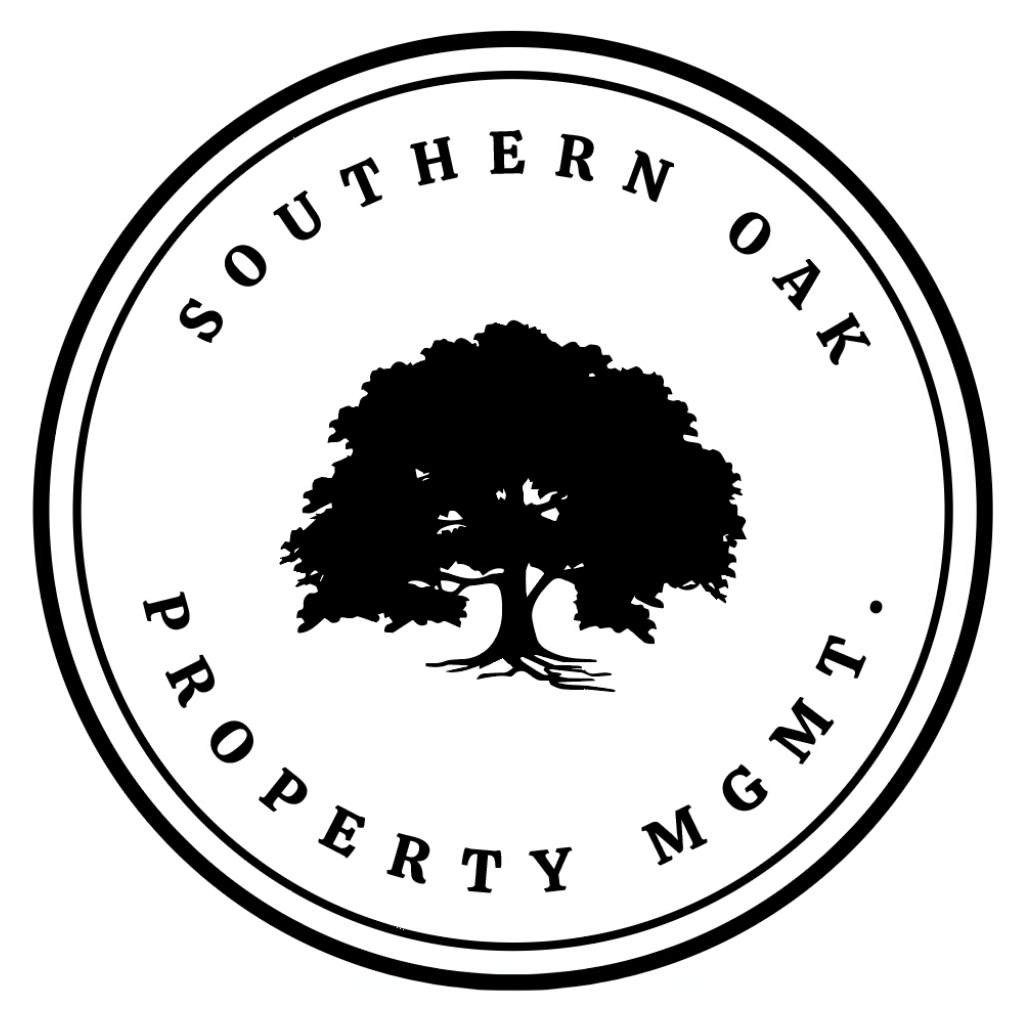Landlord Laws in South Carolina: What Rental Owners Need to Know (Without a Law Degree)
If you’re renting out a home in Oconee County, you don’t need to be a lawyer—but you do need to know the basics. South Carolina landlord-tenant law has some clear rules, and we’ve seen too many good landlords get burned by things they simply didn’t know.
So here’s a breakdown of what every rental property owner should understand—in plain English.
⸻
1. Your Lease Needs to Follow the Law (Even if You Found It Online)
Let’s start with the lease. You might have downloaded a free one or copied a version a friend gave you. But here’s the issue:
Most generic leases don’t meet South Carolina’s legal requirements—and many actually include clauses that aren’t enforceable here.
For example:
•You can’t waive your tenant’s right to proper notice or due process—even if it’s in writing.
•You must clearly outline the rent amount, due date, and grace period (in SC, it’s 5 days unless otherwise stated).
•Security deposit rules must be followed exactly, or you risk losing the right to withhold for damages.
At Southern Oak, we use a SC-specific lease reviewed by attorneys, updated regularly for local compliance, and customized for each property.
⸻
2. Notice Periods: Know When and How to Give Legal Notice
This is one of the most common areas owners get wrong. Whether you’re raising rent, terminating a lease, or notifying tenants of a violation, notice must be given in writing and within a specific timeframe.
Here’s a quick cheat sheet:
•Ending a month-to-month lease? You need to give 30 days’ notice.
•Raising rent? Also 30 days.
•Lease violation? You must give a 14-day notice to cure (meaning: fix the issue or the lease may be terminated).
And remember: Text messages don’t count. Always give notice in writing, preferably delivered in person or by certified mail.
⸻
3. Fair Housing Applies to Everyone (Yes, Even Small Landlords)
The Federal Fair Housing Act prohibits discrimination based on:
•Race
•Color
•National origin
•Religion
•Sex
•Disability
•Familial status (aka: you can’t refuse to rent to someone just because they have kids)
South Carolina follows these federal rules, and even one poorly worded listing or offhand comment can get you into legal trouble.
We train our team (and structure our advertising) to comply with every piece of fair housing law—because protecting you from lawsuits matters as much as filling your property.
⸻
4. Security Deposits: Not Just “Your Money” to Hold
Let’s be real—security deposits can become a mess fast. SC law requires that:
•You return the deposit within 30 days after lease termination
•If you withhold any part of it, you must give a written, itemized list of damages and charges
Even if the tenant skips out or leaves a mess, you still need to follow the proper steps. Otherwise, they could take you to court—and win.
We protect our owners by documenting everything with move-in/move-out walkthroughs, timestamped photos, and detailed condition reports.
⸻
5. Don’t Want to Learn All This the Hard Way? That’s What We’re Here For.
At Southern Oak, we don’t expect our clients to memorize South Carolina landlord law. That’s our job. And we take it seriously—because one mistake in compliance can cost more than a year’s worth of management fees.
We act like owners. We handle every lease, notice, and tenant situation with the same diligence we’d want on our own properties.
⸻
Need Help? Let’s Talk.
If you’re unsure whether your lease holds up—or you just want to be confident that your property is compliant—start with a free rental analysis. No pressure. No obligation. Just clarity.
👇🏻 Contact us here and let’s make sure you’re protected.
https://www.southernoakpropertysc.com/seneca-property-management


